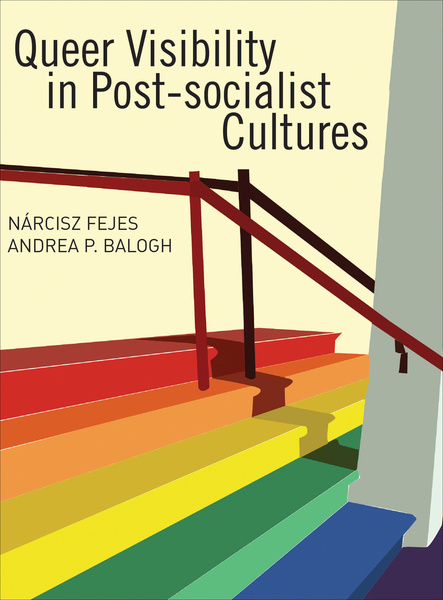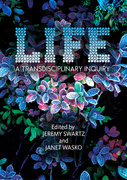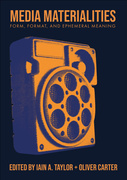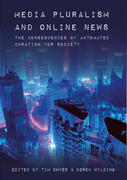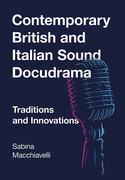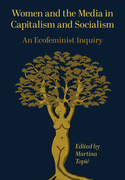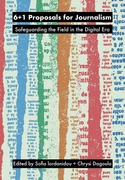Queer Visibility in Post-Socialist Cultures (Book)
Queer Visibility in Post-socialist Cultures explores the public constructions of gay, lesbian and queer identities, as well as ways of thinking about sexuality and gender, in post-socialist cultures across the European region formerly known as the Eastern bloc. Featuring eleven essays by scholars and activist researchers focusing on Slovakia, the Czech Republic, Hungary, Poland, Croatia, Serbia, Bulgaria, Romania, Belarus and Russia, the collection encompasses a wide range of fields, including gender and sexuality studies, Eastern European studies, media and film studies, sociology and cultural anthropology. Together, the essays reveal a paradigm of visibility politics centred on the vexed interaction between the post-socialist notions of queerness in activist strategies and the nationalist, mainstream representations of non-normative sexualities.
Edition
Nárcisz Fejes is a postdoctoral fellow and research associate at Case Western Reserve University.
Andrea P. Balogh is a PhD Candidate at the University of Leuven, Belgium.
Introduction:
Post-socialist Politics of Queer In/visibility – Nárcisz Fejes and Andrea P. Balogh
PART I: Queer Negotiations of Post-socialist Identities
Chapter 1: Sexual Rights as a Tool for Mapping Europe: Discourses of Human Rights and European Identity in Activists’ Struggles in Croatia – Nicole Butterfield
Chapter 2: Now You See It: Gay (In)Visibility and the Performance of Post-Soviet Identity – Brian James Baer
Chapter 3: Hiding in Plain Sight?: Making Homosexuality (In)Visible in Post-Yugoslav Film – Marko Dumančić
PART II: Queer Politics and Activism
Chapter 4: Taking Off a Cloak of Invisibility: The Clash of Discourses about Sexual Difference in Slovakia – Viera Lorencová
Chapter 5: Strategies of Inclusion and Shifting Attitudes towards Visibility in the Gay, Lesbian, and Queer Discourse in the Czech Republic after 1989 – Simona Fojtová and Vĕra Sokolová
Chapter 6: The Politics of Coming Out and Hungarian Nationalism – Eszter Timár
Chapter 7: Neutralizing Visibility: Bulgarian Strategies for Justifying Inequality – Stanimir Panayotov
PART III: Configurations of Queer in Post-socialist Film and Media
Chapter 8: The Double Bind of Visibility: Mainstreaming Lesbianism in Love Sick – Zita Farkas
Chapter 9: Straight Eye for the Queer Guy: Gay Male Visibility in Post-Soviet Russian Films – Kevin Moss
Chapter 10: Global Popular Media and the Local Limits of Queering – Anikó Imre


